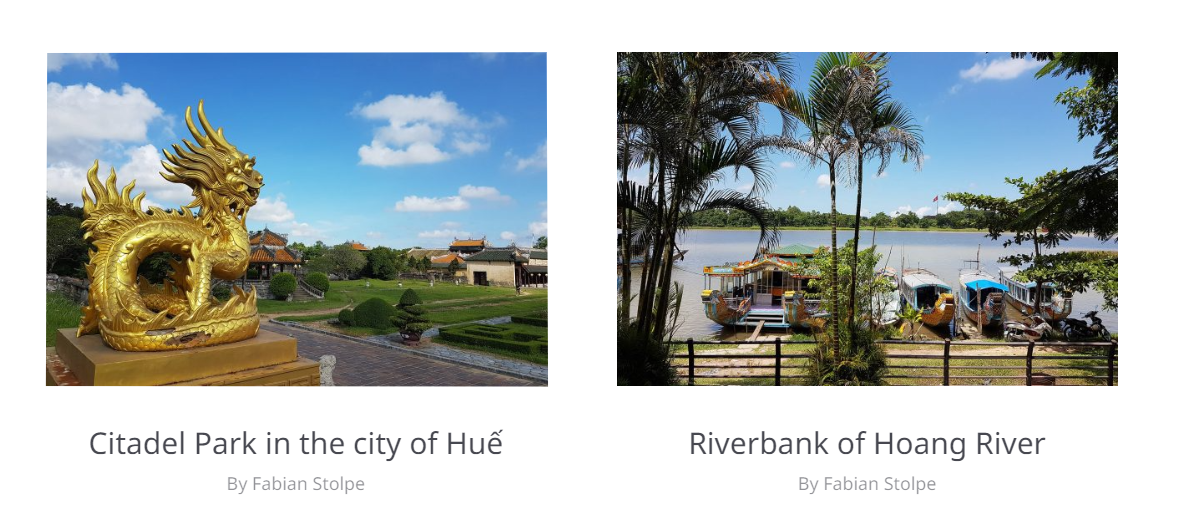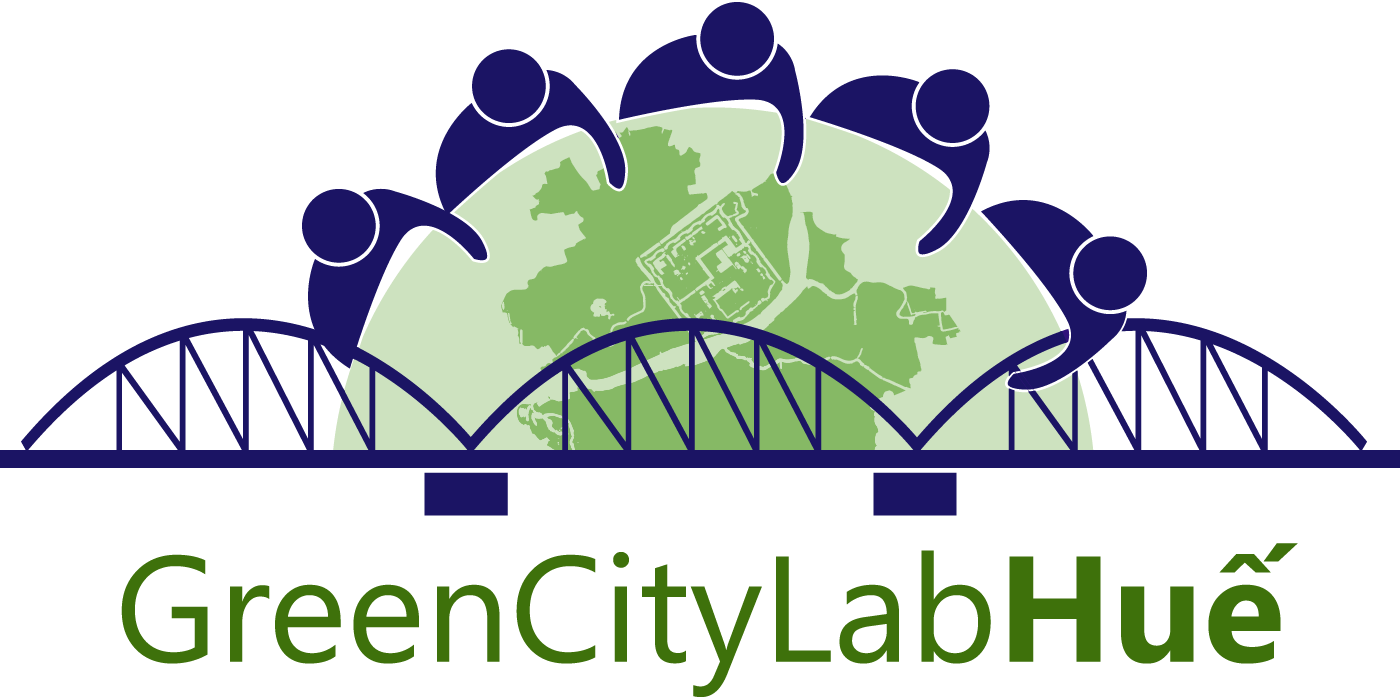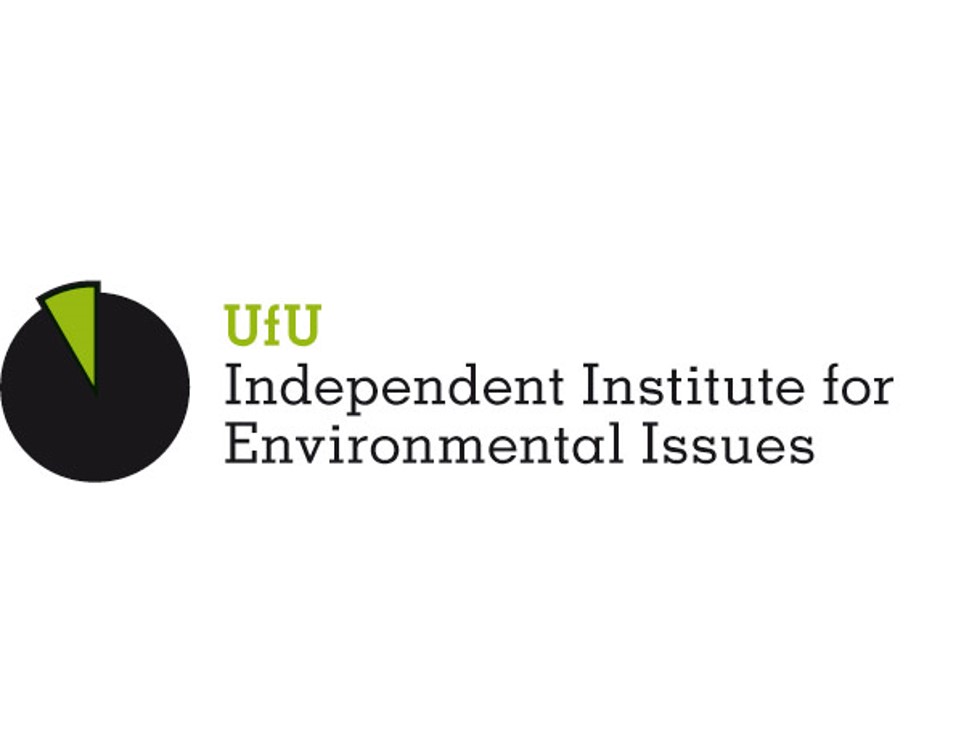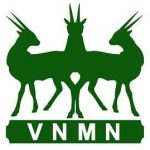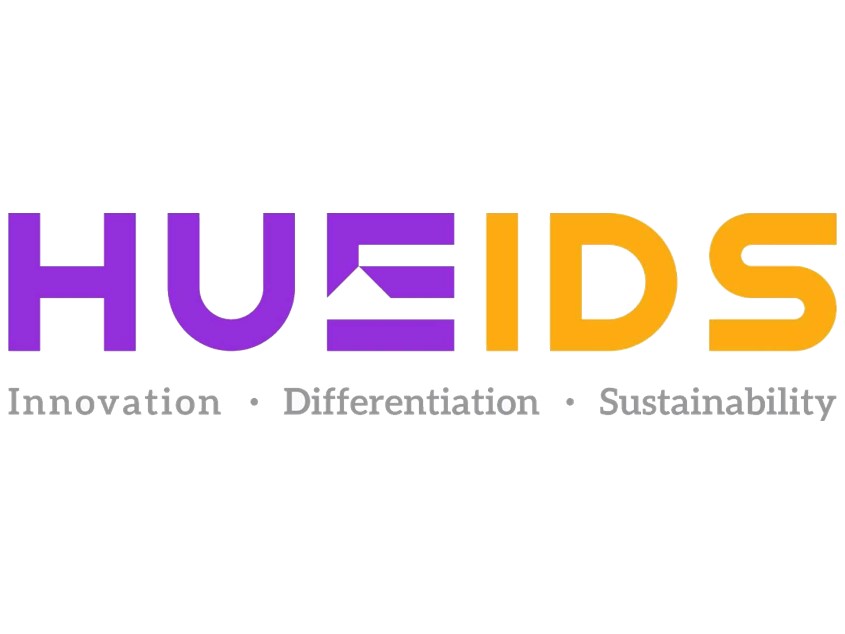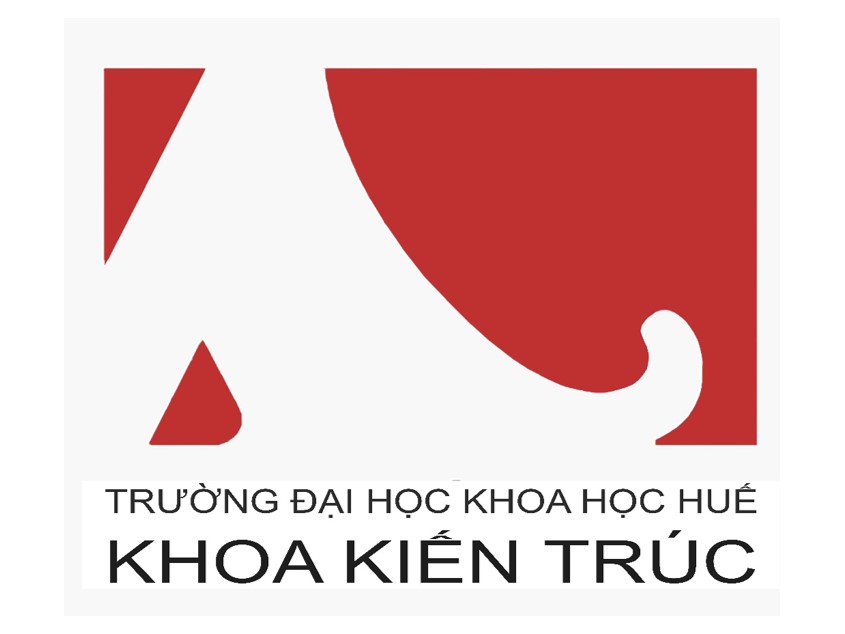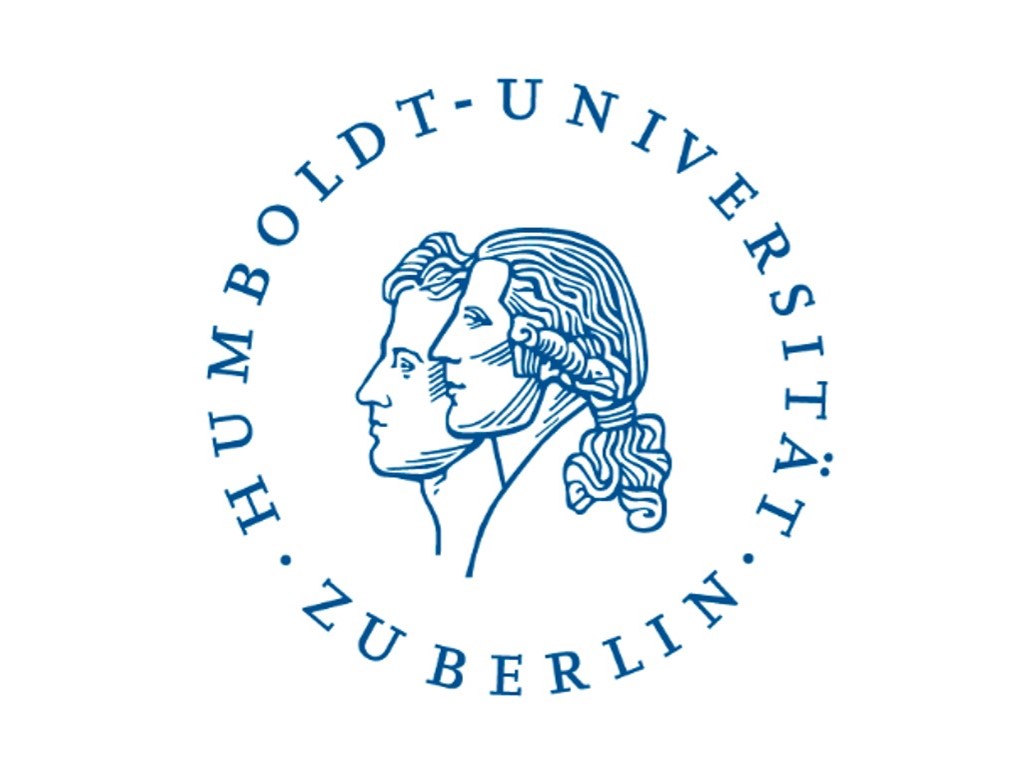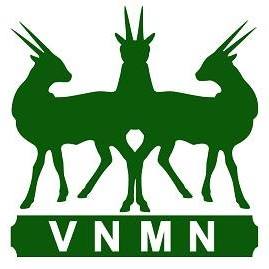The project “GreenCityLabHuế – Strengthening climate resilience of urban regions in Central Vietnam through nature-based solutions for heat adaptation and air quality improvement” aims to strengthen the climate resilience of the city of Huế (Thừa Thiên Huế Province, Central Vietnam) through nature-based solutions (NBS) with a focus on heat adaptation and air quality improvement. It will create a multidisciplinary research and experimental space to develop, test, visualise, discuss and implement ideas and concepts on the restoration and expansion of green-blue infrastructure (GBI), and thus for the promotion and implementation of NBS, in the urban area of Huế. In cooperation with stakeholders from science, politics, administration, and civil society, the international project consortium of Independent Institute for Environmental Issues (UfU), Humboldt-Universität zu Berlin (HUB), Mientrung Institute for Scientific Research (MISR), Thừa Thiên Huế Institute for Development Studies (HuếIDS), and the Faculty of Architecture of the University of Sciences/Huế University (HUSC) will generate joint knowledge for stakeholders and decision-makers on NBS, resulting in a city-wide vision – a strategy containing guiding principles and best-practice recommendations for a greener, more resilient, and sustainable urban development of Huế, including proposals for specific measures of GBI implementation.
By providing information and scenarios based on qualitative research, multilayer GIS modelling, impact assessment, and the Urban Learning Lab (ULL) approach via the Green City Lab Huế (GCLH), and the project website, the project will inspire stakeholders, and decision-makers in Huế and other Vietnamese cities to mainstream GBI development into their urban planning processes. Thereby, knowledge transfer, and participation of stakeholders and the public in scenario development and planning processes will create co-learning opportunities and build up capacities for co-creation among administration, science, and the public.
During its definition phase, the GreenCityLabHuế project compiled a typology on GBI elements and, based on this, first narratives and scenarios for GBI development in Huế, and conducted initial research on the current situation and preconditions for future developments of GBI in Huế, which were summarised in the project’s status quo report. The generated knowledge resulted in advancements and adaptions of the project design for the Research and Development (R&D) phase in particular the specification of the project’s focus towards heat adaptation and air quality improvement, the inclusion of practical showcases, and the involvement of additional Vietnamese partners. The R&D-phase will prioritise the revision of land-use change models, carry out an impact assessment, implement participatory co-design and co-learning processes combined with practical NBS showcases, and develop the Green City Vision Huế for future GBI development in the city. The integration of NBS and GBI into Huế’s urban development will protect a wide range of ecosystem services, while strengthening the city’s social and ecological resilience to the increasing effects of climate change. With its co-creation and co-learning approaches, the project will serve as a blueprint for inclusive and participatory urban planning, that will inspire Vietnamese cities to take a greener and more inclusive path of urban development.
The GreenCityLabHuế project is funded by the German Federal Ministry of Education and Research (BMBF) as part of the funding measure “Sustainable development of urban regions” within the framework of the Research for Sustainable Development Programme (FONA).
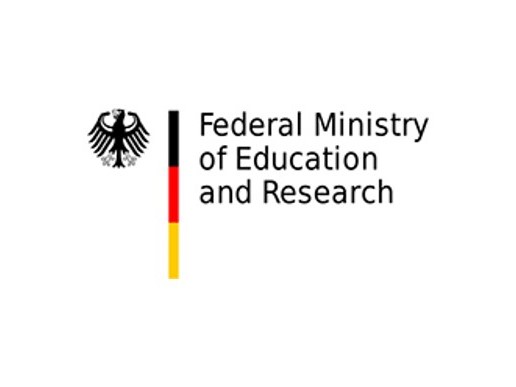
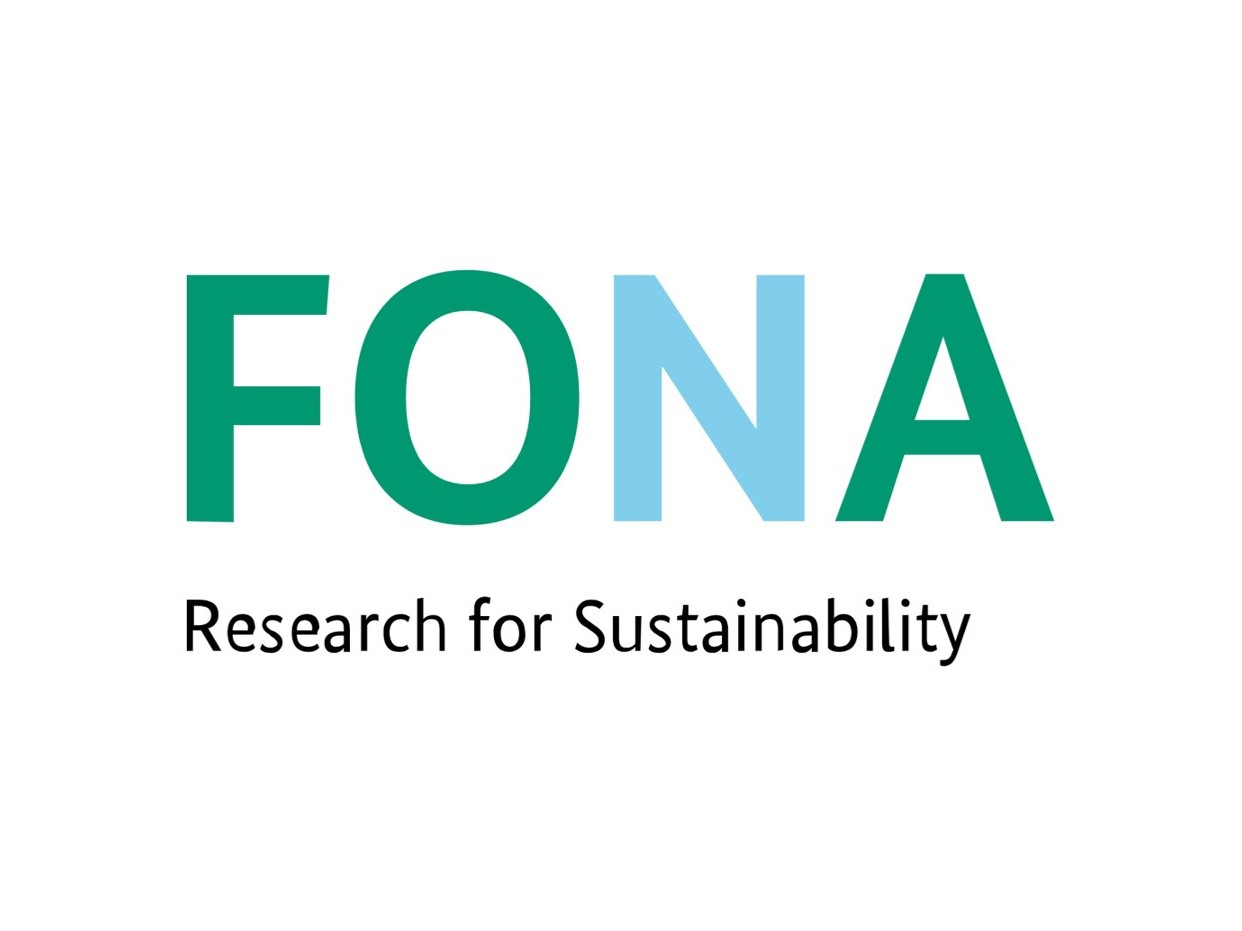
Independent Institute for Environmental Issues (UfU)
Under the guiding principle „Environmental Science – Citizen-friendly“, UfU carries out research in the departments „Energy Efficiency & Energy Transition”, “Climate Protection & Transformative Education”, “Environmental Law & Participation”, and “Nature Protection & Environmental Communication“. UfU’s main offices are located in Berlin. As an interdisciplinary research institution, UfU employs more than 30 research associates from disciplines like sociology, political sciences, economics, ecology, industrial engineering, power engineering, technical environment protection, environmental management and geography.. UfU has been active in Vietnam since 1998. The projects range from soil protection and climate mitigation as well as climate adaptation to capacity building for institutions on renewable energy, and transformative education for various target groups in different parts of Vietnam, including the project area Huế. UfU is the project consortium’s lead partner and is therefore responsible for project management and communication with the BMBF and the project carrier. Furthermore, UfU is responsible for the internal and external communication with project partners in Vietnam and Germany and the public in both countries, the supervision and co-ordination of project activities, the design, implementation and evaluation of project events, and the coordination of the joint content-related development of project reports.
Humboldt-Universität zu Berlin (HUB), Geography Department
Amongst the wide spectrum of research activities, the university has identified climate and sustainability research as a focal topic. Focal point research is grounded on ten Collaborative Research Centres, twelve Research Training Groups and eleven interdisciplinary centres. As nerve centres for collaboration, integrative research institutes in the life sciences and natural sciences – a unique phenomenon of Humboldt-Universität zu Berlin – cross-link different research areas and identify as well as address pressing issues of the future. The Lab of Landscape Ecology at the Geography Department deals with ecosystems, ecosystem services, land use and its actors along the urban to rural gradient. The main topics are land use change, human and urban footprint, ecosystem services, multicriteria risk, resilience and system analysis. The Geography Department of HUB already conducted intense research on ecosystem services, NBS, and GBI (e.g. FP7 projects PLUREL and GREEN SURGE; BiodivERsA projects URBES, ENABLE, Connecting Nature and CLEARING HOUSE). In this context, the positive effects in terms of the resilience of cities could be verified and simulated in scenarios for a variety of settings and use cases. HUB is mainly responsible for the scientific monitoring of the project, ensuring the scientific quality of project results, and for the implementation of activities of modelling land-use changes and NBS, impact assessment, and proposing best-practice measures.
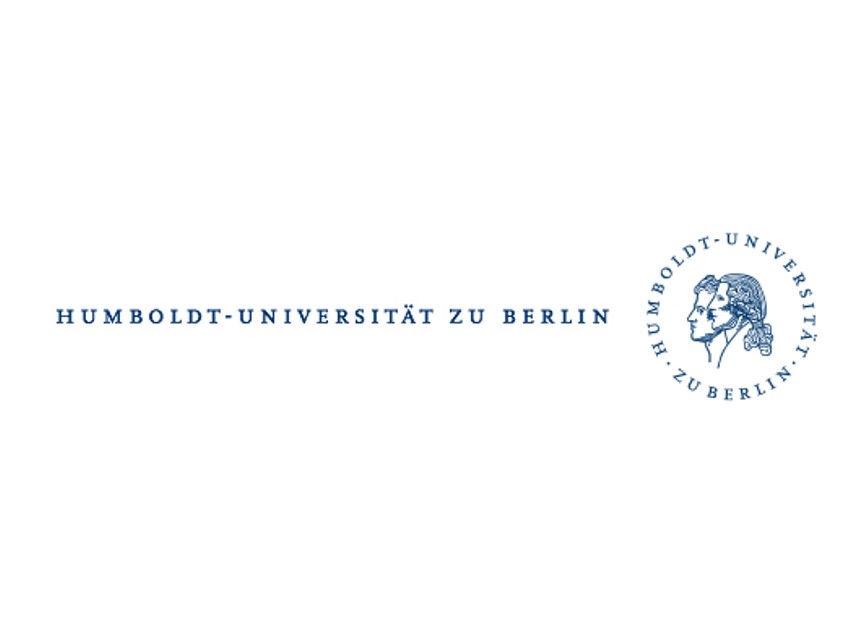
Contacts:
Prof. Dr. Dagmar Haase
e-mail: dagmar.haase@geo.hu-berlin.de
Jessica Jache
e-mail: jessica.jache@geo.hu-berlin.de
Mientrung lnstitute for Scientific Research (MISR) of the Vietnam Academy of Science and Technology (VAST)
The MISR is a multidisciplinary institute of the Vietnam Academy of Science and Technology (VAST). The MISR has nine departments and centers that conduct basic and applied research in the fields of biotechnology, chemical technology, medicine and biochemistry, geography, geology, agriculture and forestry. With the aim of becoming the leading institute in the field of sustainable development in Central Vietnam, the MISR carries out studies and assessments of natural resources and the environment and offers technological solutions for the sustainable development of the coastal provinces in Central Vietnam. In the province of Thừa Thiên Huế, the Department of Geography and Natural Resources of the MISR has carried out studies that deal with, among other things, aquatic biodiversity and resources in freshwater systems, biodiversity and the state of rivers, the assessment of the CO2 absorption capacity of natural forests, and the development of spatial databases on lagoons and urban development. In addition to its wide-ranging expertise, the MISR has in-depth knowledge of current issues and problems in urban development in Huế, local knowledge of the study area, and close contacts to local stakeholders and the scientific community in Central Vietnam. The MISR coordinates project activities between Vietnamese project partners and further stakeholders. Furthermore, the MISR contributes its scientific expertise and local knowledge to support UfU and HUB in generating Huế- and Vietnam-specific scientific results.
Thừa Thiên Huế Institute for Development Studies (HuếIDS)
The Thừa Thiên Huế Institute for Development Studies (HuếIDS) supports the Party Committee and the Provincial People’s Committee of the Thừa Thiên Province in strategic planning for socio-economic development and investment planning through research and advice. HuếIDS is responsible for developing ideas and impulses for the socio-economic and ecological development of the province and for coordinating them with relevant stakeholders. In addition, HuếIDS prepares provincial development plans and supports the provincial government in their implementation and in the coordination of action programs, work programs and scientific research programs. HuếIDS conducts trainings with provincial authorities and organizes stakeholder forums, conferences and seminars with citizens and business representatives. HuếIDS is also responsible for collecting and analyzing data necessary for the implementation of provincial plans, programs and policies. HuếIDS thus has an extensive network of contacts to all relevant stakeholders in the field of urban planning and development in the province of Thừa Thiên and the city of Huế. HuếIDS ensures direct contact with the relevant decision-makers in the city of Huế and the surrounding province, which are of great importance for the GreenCityLabHuế. In the Project, HuếIDS is the main link of the project consortium to local decision-makers and is responsible for encouraging local stakeholders to support the project. It coordinates project activities with the representatives of Thừa Thiên Huế Provincial People’s Committee, and ensures their participation in project events and their cooperation in the elaboration of the final Green City Vision Huế. Furthermore, HuếIDS is responsible for aligning project outcomes with other local urban development plans and strategies, for consulting relevant decision-makers and stakeholders in the selection of potential measures to be implemented in the subsequent implementation phase of the project, and for acquiring local financial contributions for this purpose.
Huế University of Science (HUSC), Faculty of Architecture (FoA)
The Faculty of Architecture (FoA) is one of 13 faculties of the Huế University of Science (HUSC) and is divided into three departments: Architecture and Technology, Urban Planning, Landscape and Monument Protection, and Interior Design and Construction. The research focus of the FoA/HUSC lies in the areas of monument protection and urban development in Huế and Central Vietnam. In this context, the FoA/HUSC has specific experience in the historical rehabilitation of canals and waterways in the urban area of Huế (blue infrastructure) and climate adaptation in relation to flood protection. FoA/HUSC has a special interest in focusing more on sustainable and smart cities and the associated implementation of green-blue infrastructure in the future. In addition, the FoA/HUSC is researching about the development of new city districts in the context of a growing city, whereby the development and expansion of urban green spaces are an integral part. Within the GreenCityLabHuế Project, FoA/HUSC is responsible for the design, planning, and implementation of showcases and contributes to the development of the Green City Vision Huế with its expertise in architecture and urban planning.
The city of Huế is one of the oldest urban areas in Vietnam. The city encompasses an area of about 71 km² and is one of the most densely populated Vietnamese cities with 5,076 person/km². Being the former capital of Vietnam from 1802 to 1945 under the Nguyen Dynasty, Huế City is regarded as the national centre of culture, religion and education. The city has been inherited the cultural values and the magnificent buildings of the Imperial City and other monuments which were collectively recognised as World Cultural Heritage by the United Nations Educational Scientific and Cultural Organisation (UNESCO) since 1993.
Huế’s prominent position as official ‘grade 1 – top priority city’ within the Vietnamese Government’s city rating system and its outstanding historic and educational importance give the city of Huế the status of a role model for the more than 65 other provincial capital cities.
The combination of its high exposure to climate change impacts, its relatively young and well-educated population, and its touristic importance make Huế an ideal location for an Urban Learning Lab (ULL) for innovative, participatory and thus suitable concepts of green-blue infrastructure (GBI) and urban climate change mitigation and adaptation.
Huế experiences a trend of rural repopulation and urbanization. There is therefore a strong demand for living space in the city. Contrary to the traditional garden houses a trend towards building smaller and higher houses can be observed. No high buildings can be found in the northern part of the city. The economic centre is located in the Southern part of Huế City. Due to the high demand in living space available properties are rare. Hence, informal houses and buildings can be found in the city.
